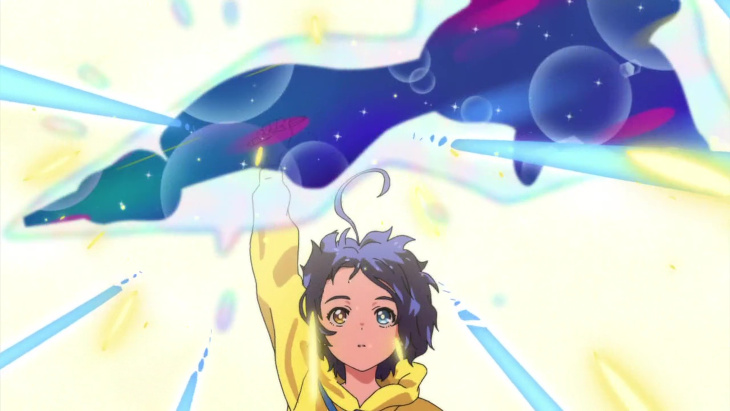
“I’ll fight Thanatos, the temptation of death. I don’t know how to go to parallel worlds yet, but someday, I’ll bring you back.”
For a while, I bounced around the idea of skipping the process of writing a review for Wonder Egg Priority. Back when the winter anime season began I chose to skip writing a First Impressions review of it, because I felt I couldn’t properly judge the first episode without more context. Now that I’m looking back at the entirety of the season, I find myself feeling exactly the same way. I want some clarification that will bring things together in a clear fashion, because as it stands Wonder Egg Priority is something of a narrative mess. Each of its parts are quite good, but they don’t form a cohesive whole. It’s also difficult to review the show, as aspects of the story can be rather abstract, and one could readily see it evoking a multitude of different reactions. If I were to compare it to any one series, I would most likely draw links to Satoshi Kon’s masterpiece Paranoia Agent… which is a show I didn’t really care for. Fortunately, even if it never makes a lick of sense, Wonder Egg Priority still proves to be an enjoyable watch, with some compelling underlying themes.
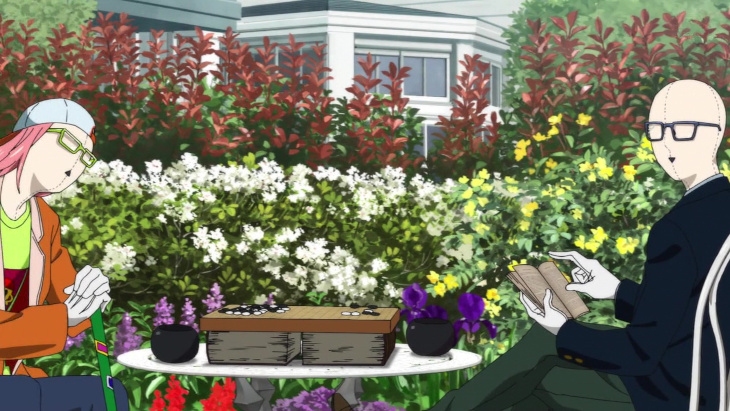
Wonder Egg Priority is, in my opinion, annoyingly weird. The premise follows 4 girls as they attempt to help the souls of suicide victims cope with the trauma that led to their self-destruction. In exchange for their efforts, they are each promised that an individual who they are connected to will be resurrected. As a basic premise, it’s brilliant. It’s in the underlying logistics and world building that I get lost. In order to help these suicide victims, the girls enter into another world. I thought they entered it through their dreams, but it also exists as a physical space as they can do things like digitally trade numbers in that world… I think. They gather eggs which, when they crack them, hatch into girls who committed suicide. The… administrators… of that other world claim that only girls can go there and all of the suicide victims are female because males commit suicide for different reasons, but that seems rather reductive on both sides, and to the shows credit, the administrators aren’t all that trustworthy. They appear to have their own agenda regarding an android they murdered when those administrators were human… I might be getting into spoiler territory, but it’s really hard to say when I have no idea what’s going on.
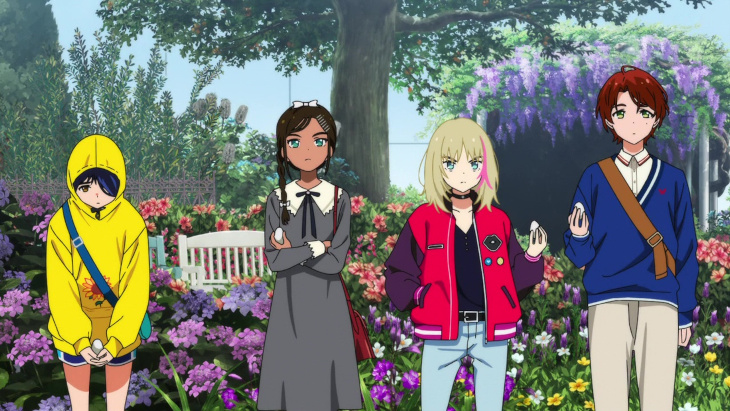
Given how little I understand what is going on, it may be strange that I’m giving the show as positive a rating as I am, but I do really enjoy the characters and the underlying themes. Often, the plots of individual episodes remain at least mildly cohesive, even if the broader world is a confusing mess. Our four leads all bring interesting personalities and issues to the table, and watching them grapple with those problems and grow is quite rewarding. The show’s primary lead is Ohto Ai, a shy girl with heterochromia which made her the target of bullying. She’s joined by Aonuma Neiru, an aloof genius who heads a large company, Kawai Rika, a rather cocksure former idol, and Sawaki Momoe, an androgynous girl who is often mistaken for a boy. All of these characters are dealing with underlying complexes which tie in with the regrets they face regarding the suicide victims they’re trying to save. This serves as fertile ground for the emotional foundation of the show, even if the logical structure of the overarching narrative is too convoluted for its own good.
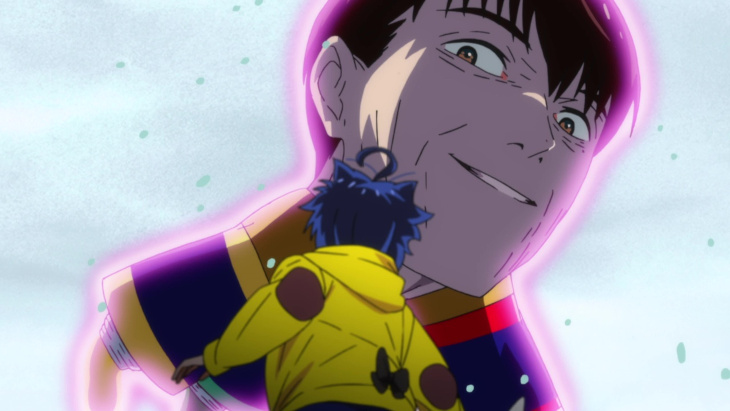
The production was handled by CloverWorks, and I think that it’s fair to conclude that of the three shows the studio produced this winter, The Promised Neverland was definitely the ugliest. This is meant both as an off-hand insult directed towards The Promised Neverland, as well as significant praise towards Wonder Egg Priority, as Neverland’s visuals, outside of a few peculiarities and quirks, were usually pretty good. Wonder Egg Priority is often visually stunning, with brilliantly designed action scenes and gorgeous locales. There is a wealth of visual creativity packed into each and every episode of this show. The OP and ED are… good, but I regularly skipped both. The OP in particular is aiming for a low-key arthouse vibe, and while it was nice, my mind would often wander, and I found myself feeling lukewarm about it overall. The ED has pleasant music, but how many anime ED’s have I seen where photos of the main cast scroll by? Actually, now that I think about it, SK8 had such an ending just this season, with a more comedic and stylized edge to it.
Before I wrap up, a few Notes and Nitpicks:
- For all the things I like about this show, I get really annoyed if I think about it for more than a few minutes. Many series will have a series of reveals that make everything that came before suddenly make sense in context (Madoka and Steins;Gate come to mind), but Wonder Egg’s reveals only added to the confusion.
- The absence of clear visual distinction between what is real, what takes place in flashbacks and what takes place in dreams adds to the confusion when trying to follow the narratives of certain episodes.
- Evidently, this show is going to have a special episode to cap off the story, but I don’t have much hope of it simplifying anything.
- There’s a scene in the first episode of the show Black Books where the character Bernard Black is staring at his tax documents and screaming, “What!?! What does that mean!?!” This rather succinctly summarizes my views on the overarching plot of this show.

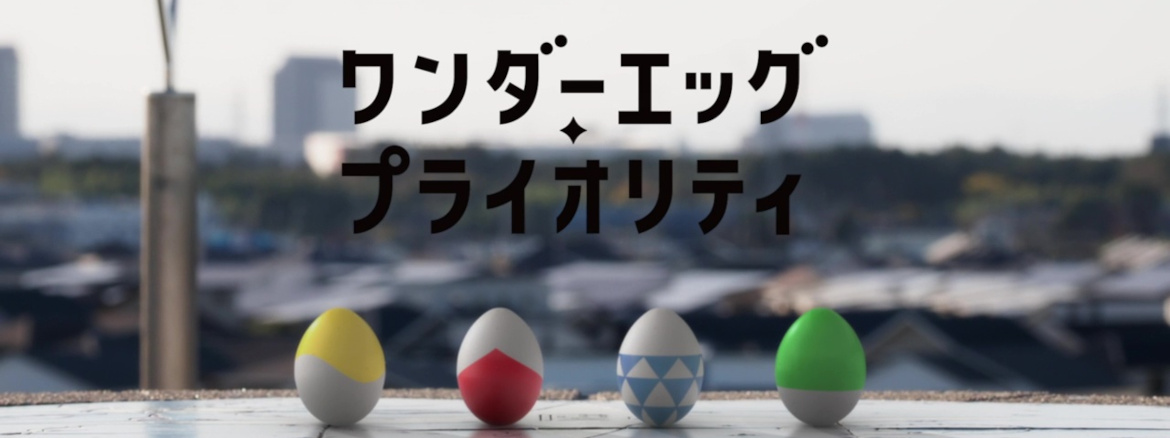
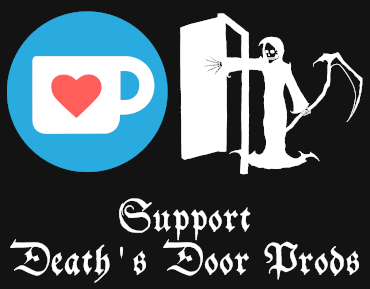

Add comment